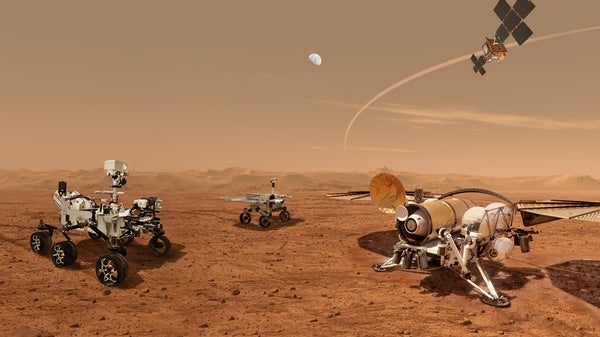 |
| March 04, 2022 |
 |
| |
| |
| |
| |
| Public Health The Push to Move Past the Pandemic: COVID Quickly, Episode 25 Today we bring you a new episode in our podcast series COVID, Quickly. Every two weeks, Scientific American's senior health editors Tanya Lewis and Josh Fischman catch you up on the essential developments in the pandemic: from vaccines to new variants and everything in between. You can listen to all past episodes here. |  | By Josh Fischman,Tanya Lewis,Jeffery DelViscio | 07:26 | | | |
| |
| |
| |
| |
| |
| |
| |
| |
FROM THE STORE
 | | How to Do Anything Better When we think about the things we do every day—driving, working, parenting—we realize that even with tasks we are generally good at, there is always room for improvement. As always, science is on the case. This eBook contains a collection of columns written by health and psychology journalist Sunny Sea Gold, whose work has also appeared in O: The Oprah Magazine and Parents. These selections, published by Scientific American between 2009 – 2017, offer practical tips for acing life from nailing that job interview to giving the perfect gift. |  | | |
| |
FROM THE ARCHIVE
 | | | |
| |
LATEST ISSUES
 |
| |
| Questions? Comments?  | |
| Download the Scientific American App |
| |
| |




